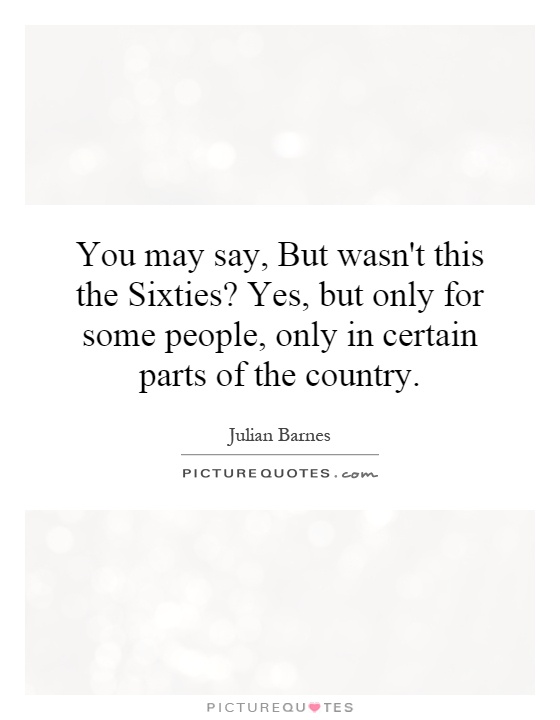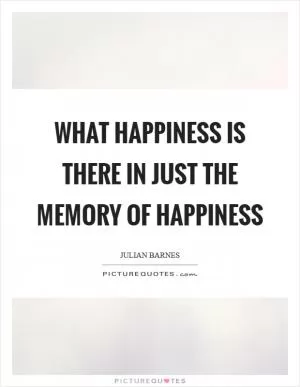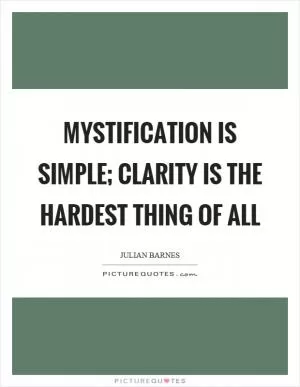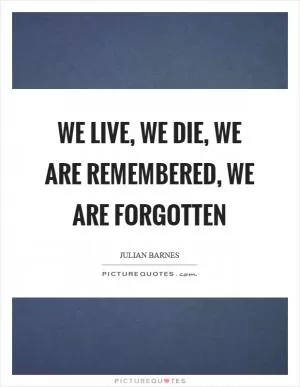You may say, But wasn't this the Sixties? Yes, but only for some people, only in certain parts of the country

You may say, But wasn't this the Sixties? Yes, but only for some people, only in certain parts of the country
In Julian Barnes' works, particularly in his novel "The Sense of an Ending," the idea of the Sixties being a time of liberation and change is often challenged. Barnes explores the notion that the Sixties was not a universal experience for all individuals, but rather a period of upheaval and transformation that was only accessible to certain people in specific parts of the country.Barnes delves into the complexities of the Sixties, highlighting how the era was marked by social and political upheaval, but also by deep divisions and inequalities. He suggests that while some individuals were able to embrace the spirit of the Sixties and experience a sense of freedom and liberation, others were left behind, unable to partake in the cultural revolution that was taking place.
The quote "You may say, But wasn't this the Sixties? Yes, but only for some people, only in certain parts of the country" encapsulates Barnes' exploration of this theme. It acknowledges that while the Sixties was a time of great change and progress for some, it was not a universal experience. The era was marked by stark disparities in terms of race, class, and geography, with certain individuals and communities being excluded from the transformative events that were unfolding.
Barnes' characters often grapple with the legacy of the Sixties and the ways in which it shaped their lives. They reflect on the contradictions and complexities of the era, questioning whether the promises of liberation and change were truly fulfilled for all. Through his nuanced exploration of this theme, Barnes challenges the romanticized view of the Sixties as a time of universal liberation, highlighting the ways in which it was a period of both progress and exclusion.












 Friendship Quotes
Friendship Quotes Love Quotes
Love Quotes Life Quotes
Life Quotes Funny Quotes
Funny Quotes Motivational Quotes
Motivational Quotes Inspirational Quotes
Inspirational Quotes